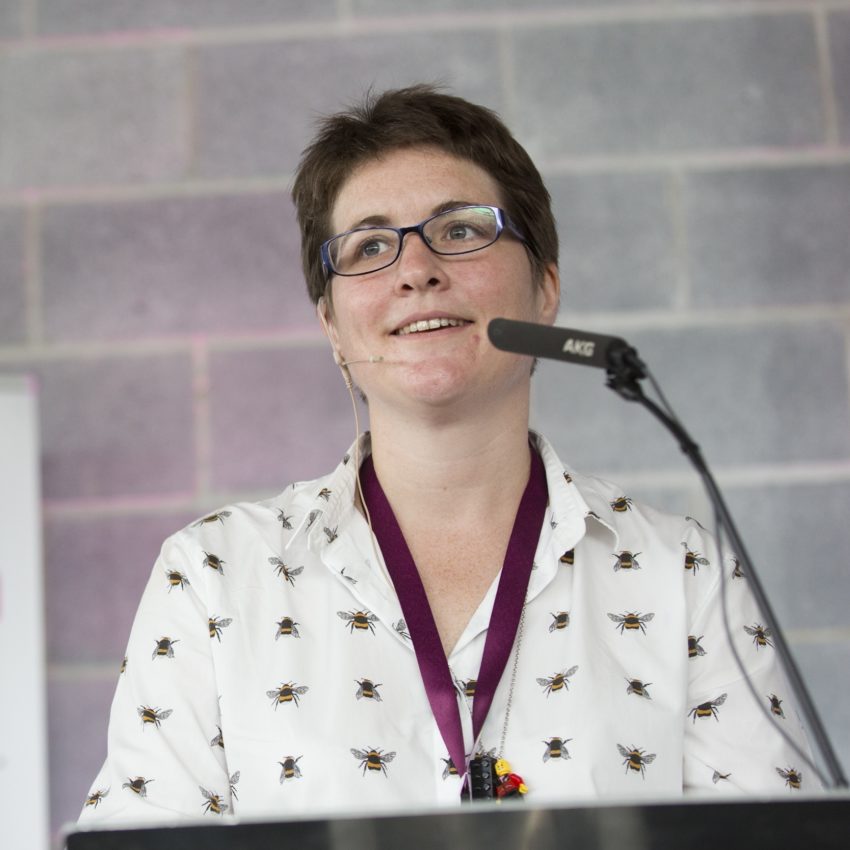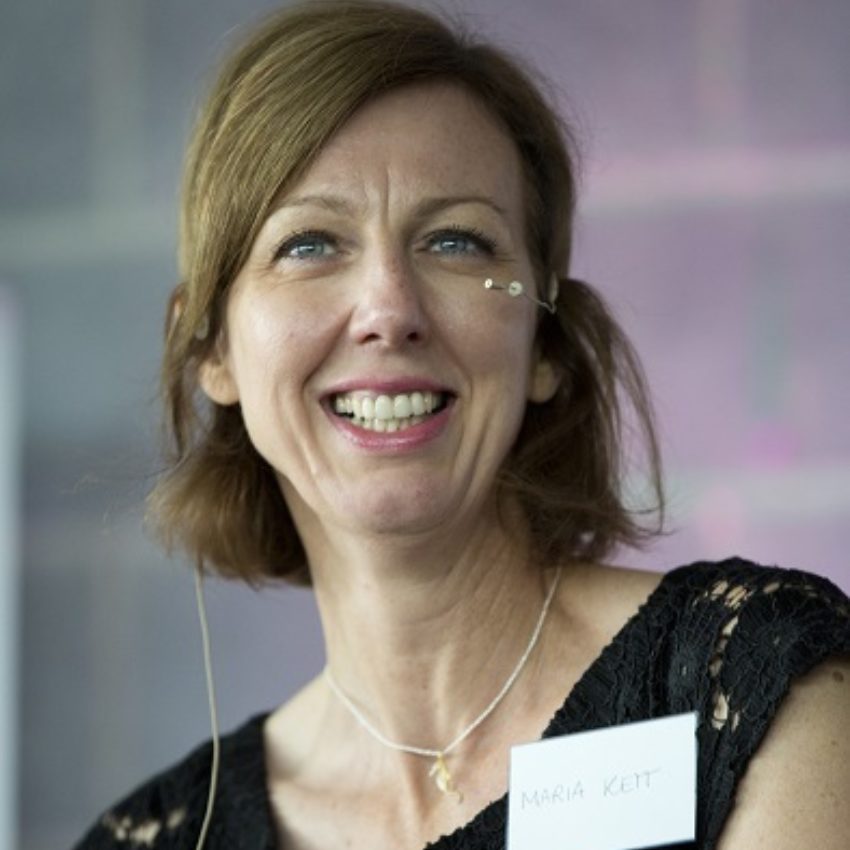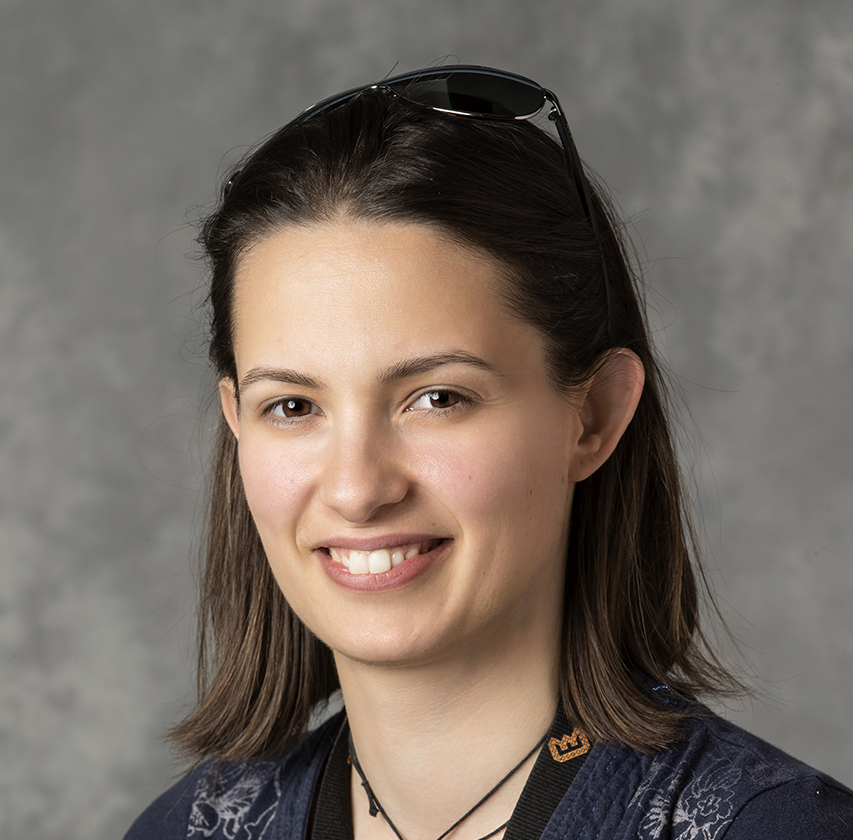SP 1: Research, Evidence and Impact
Led by GDI Hub at UCL. Framing the economics of AT around a mission-led approach; developing a return on investment framework and researching what works to overcome stigma as well as focusing on the support to the development of the Global Report on Assistive Technology, evidence of local production systems for AT in LMICs, the exploration of early child mobility in LMIC and the development of a series of virtual live labs. Partners include: IIPP, All Institute, Leonard Cheshire Disability, WHO, ISPO, LSHTM, CBM International, GAATO
Credits: Angus Stewart
Humanitarian
In 2020, a new strand of humanitarian research was incorporated into this sub-programme intended to:
- Improve understanding of the need for AT in humanitarian settings
- Compile evidence of current provision and practice across a variety of humanitarian contexts
- Provide case study examples of ‘what works’
- Provide recommendations for action by key stakeholders, particularly global humanitarian coordination bodies and actors
- Disseminate findings through working papers and conference attendance
Latest
-
Research Summary: Multi-country rapid Assistive Technology Assessment (rATA) 2019-2021: findings from a consultative review
Global Disability Innovation Hub, World Health OrganizationJuly 25, 2024GlobalResearch SummariesThis research summary provides key highlights and snapshot content from the Multi-country rapid Assistive Technology Assessment (rATA) 2019-2021: findings from a consultative review.
-
Mapping Assistive Technology Start-ups
Catherine Holloway, Tigmanshu Bhatnagar, Patel DilishaJuly 16, 2024GlobalAcademic Research PublicationsThis paper explored their experiences of providing and accessing AT, including procurement strategies, adoption of new technologies, and provision pathways. Overall, we found that there is still a substantial knowledge gap in assistive products, how to access products, and funding for needed products. These discussions also enlightened us that word-of-mouth and peer networks are the main avenues through which knowledge of assistive products is shared. Difficulties in keeping up with the expanding innovative landscape was raised as a key concern.
-

Exploring Information Needs for Tracking to Support Using Wheelchairs in Everyday Life
Catherine Holloway, Aneesha Singh, Wen MoJuly 9, 2024GlobalAcademic Research PublicationsThis study contributes by delineating the unmet information needs in wheelchair tracking and advocating for more research interests to develop and design tracking tools in Human-Computer Interactions (HCI) that enrich the everyday experiences of wheelchair users.
-

Enhancing Communication Equity: Evaluation of an Automated Speech Recognition Application in Ghana
Catherine Holloway, Giulia Barbareschi, Richard Cave, Gifty AyokaMay 11, 2024GhanaAcademic Research PublicationsIn Ghana people who struggle to articulate speech as a result of different conditions experience barriers in interacting with others due to difficulties in being understood. Automatic speech recognition software can be used to help listeners understand people with communication difficulties. However, studies have not looked at the practical feasibility of these technologies beyond the Global North. We present a novel user study examining the introduction of one such technology, Google Project Relate, to Ghana.
-
A Systematic Review of Ability-diverse Collaboration through Ability-based Lens in HCI
Catherine Holloway, Tigmanshu Bhatnagar, Maryam Bandukda, Lan Xiao, Katrin Angerbauer, Weiyue Lin, Michael SedlmairMay 11, 2024GlobalAcademic Research PublicationsThis paper offers an analysis of 117 papers sourced from the ACM Digital Library spanning the last two decades. It contributes (1) a unified taxonomy and the Ability-Diverse Collaboration Framework, (2) a reflective discussion and mapping of the current design space, and (3) future research opportunities and challenges. Finally, we have released our data and analysis tool to encourage the HCI research community to contribute to this ongoing effort.
People

Catherine Holloway



